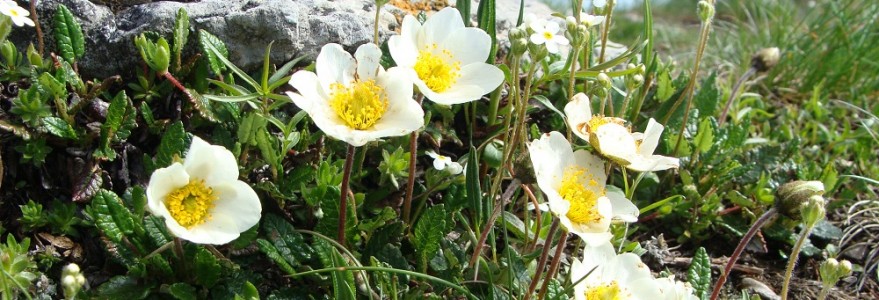Botanists from the Białowieża Geobotanical Station of UW, Dr. Bogdan Jaroszewicz and Patryk Czortek, contributed to the article, published in Nature, on the impact of global warming on plant species richness on mountain summits.
Globally accelerating trends in societal development and human environmental impacts since the mid-20th century are known as the Great Acceleration and have been discussed as a key indicator of the beginning of the Anthropocene.
The international research team, that consists of researchers from 11 European countries, collected data regarding the plant species on 302 mountain summits across Europe, spanning 145 years of observation. Botanists found that the accelerated increase in plant species richness on mountain summits is related to global warming and is not linked to alternative global change drivers.
Dr. Bogdan Jaroszewicz and a doctoral student, Patryk Czortek, from the Białowieża Geobotanical Station of UW, are among the authors of the article entitled “Accelerated increase in plant species richness on mountain summits is linked to warming”. The article was published in Nature.
Changes in the Tatra Mountains are slower
Researchers have observed that the acceleration of increase in plant species richness in the Tatra Mountains is not that visible like in other ranges. A young scientist, Patryk Czortek, stresses that it can be a result of change in other environmental factors, e.g. cessation of grazing may partly swamp the effect of warming.
Research carried out in the Tatra Mountains was funded from Norwegian Financial Mechanism by the National Centre for Research and Development (KlimaVeg project).



